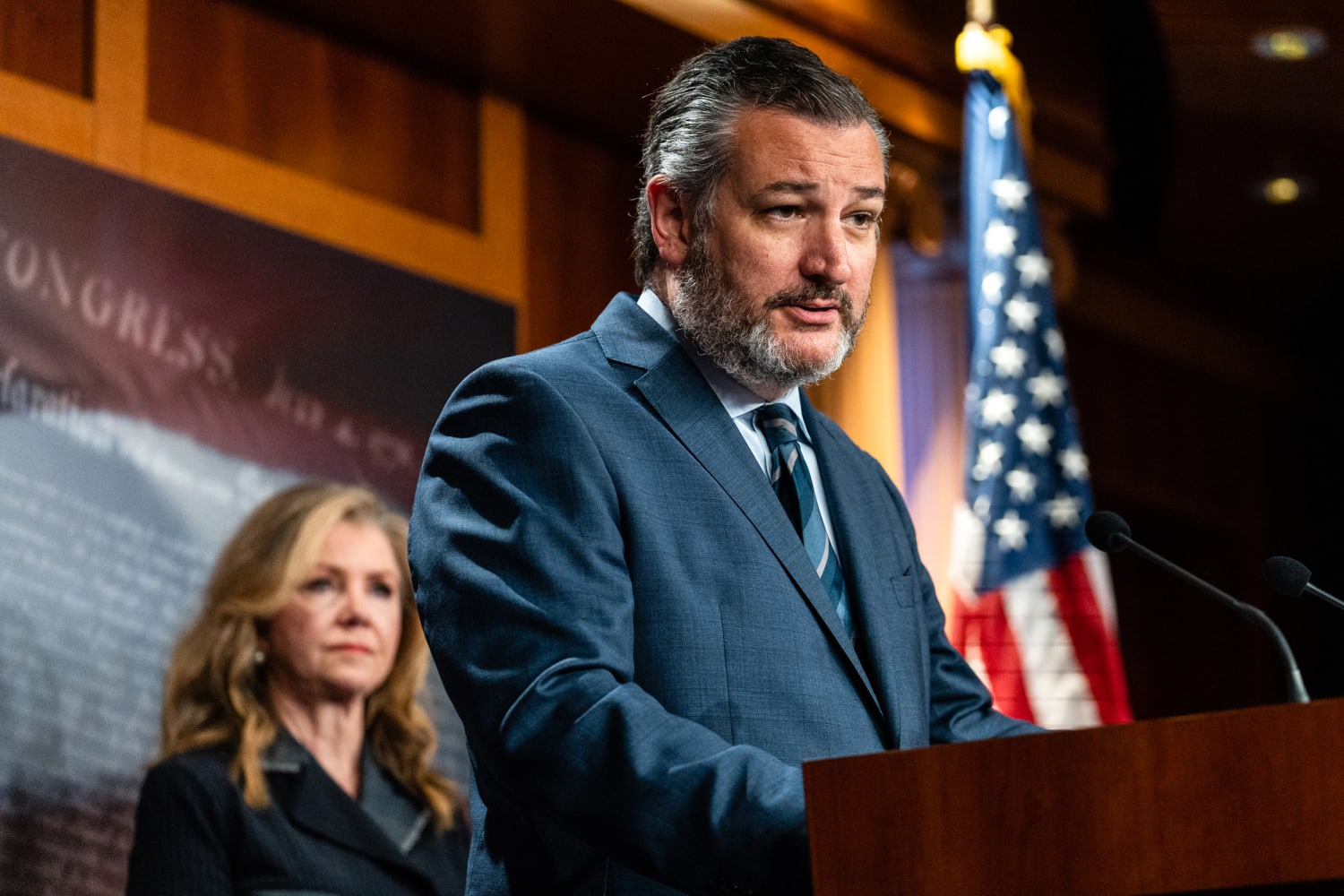The Supreme Court on Monday struck down a federal restriction that applied to candidates who loan large amounts of money to their own political campaigns, a victory for Sen. Ted Cruz, the Texas Republican who challenged it.
In a 6-3 ruling, the court said the law, adopted in 2002, was a violation of a political candidate’s free expression, applying longstanding rulings that said because money buys the ability to spread a political message, limits on expenditures implicate the First Amendment.
Under the law at issue, candidates who contributed money to their own campaigns could be paid back from the pool of other campaign contributions. But the repayments were capped at $250,000.
Cruz loaned his re-election campaign $260,000 — intentionally going above the limit in order to trigger a legal challenge — when then-Rep. Beto O’Rourke ran against him in 2018.
Writing for the court’s majority, Chief Justice John Roberts said the limit imposed a risk that candidates wouldn’t be repaid the full amount they loaned if they spent more than $250,000. “That risk in turn may deter some candidates from loaning money to their campaigns when they otherwise would, reducing the amount of political speech.”
Justices Stephen Breyer, Sonia Sotomayor, and Elena Kagan dissented. In an opinion for the three, Kagan said that when political candidates loan money to their own campaigns and then solicit donations in order to get repaid, the contributors know the money they’re giving goes directly to the candidate’s pocket.
“The politician is happy; the donors are happy. The only loser is the public. It inevitably suffers from government corruption,” she wrote.
At the time, the Cruz campaign against O’Rourke was the most expensive Senate contest in history. When his campaign said it could not repay the senator the full amount, Cruz filed a lawsuit challenging the limitation.
The Justice Department had urged the court to throw the case out because Cruz intentionally triggered a violation of the law. When the case was argued, government lawyer Malcolm Stewart said he couldn’t sue McDonald’s after hearing that it serves very hot coffee and intentionally pouring it in his lap to injure himself.
But the Supreme Court rejected that view, saying “the appellees’ injuries are directly inflicted by the FEC’s threatened enforcement of the provisions they now challenge. That appellees chose to subject themselves to those provisions does not change the fact that they are subject to them, and will face genuine legal penalties if they do not comply.”
Source: | This article originally belongs to Nbcnews.com











